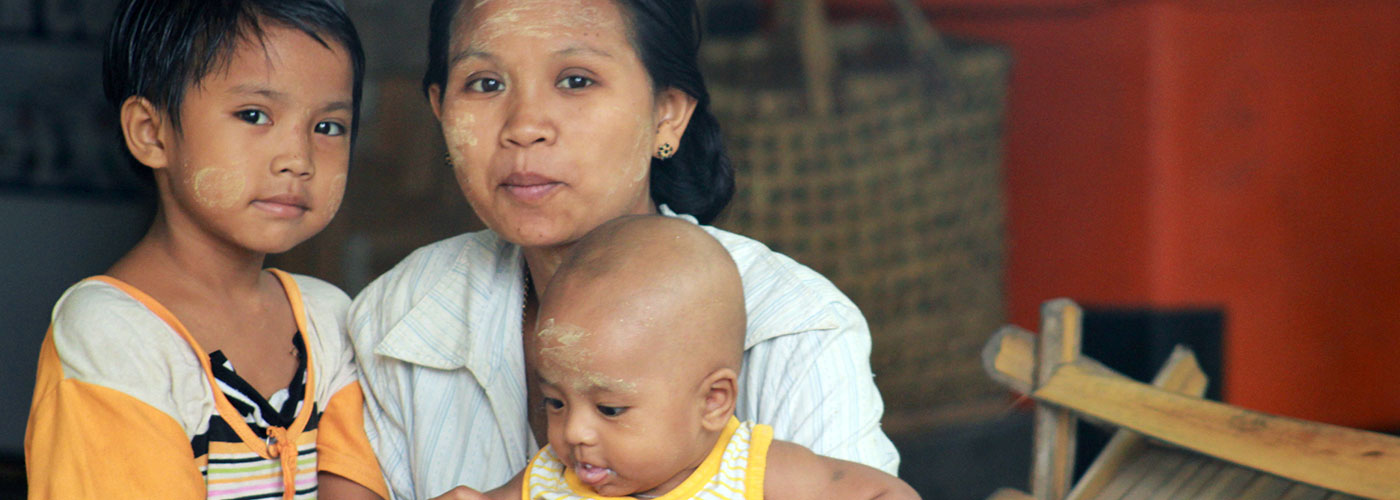First-generation Asian-Americans have created several TV shows in the past few years that have received both critical and popular acclaim: Mindy Kaling’s The Mindy Project, Eddie Huang’s Fresh Off the Boat, and Aziz Ansari’s Master of None. Being their own unique individuals, each creator has taken different points of view of this experience.
Growing up as a first-generation Asian-American millennial meant a constant feeling of invisibility. Tweet This Quote
OK, TV shows are not life. But to a first-generation Asian-American like myself, these shows are important because a few years ago they literally had never existed. Growing up as a first-generation Asian-American millennial meant a constant feeling of invisibility in terms of the broader American culture, that the set of experiences of people like me were simply not being portrayed outside of brute caricature in the public sphere.
Of these shows, I find myself most drawn to Huang’s path (not that it’s the best path – perhaps the best part about these new shows is the notion that first-generation have diverse experiences). Huang applies Occam’s Razor and goes straight to mainland China and Taiwan, calling this “downward reverse assimilation” in his second memoir, Double Cup Love.
I respect Huang’s turn of phrase. I’ve been living in Myanmar for the last four years and running an IT social enterprise for the last three of the four, Koe Koe Tech, that is focused on improving health outcomes in Myanmar. According to a report by the World Health Organization, Myanmar’s health system ranks among the worst in the world.
Being a first-generation American living in my parents’ country, I feel I am mirroring their experience when they came to America. Tweet This Quote
Koe Koe Tech has created the maymay app, an Android app for maternal and child health, which currently has over 40,000 monthly active users, or about 5 percent of the pregnant women in the country. The Myanmar government has approved the scale-up of our app through public health facilities nationwide, and in the coming months, we’ll be announcing several more exciting initiatives.
Being a first-generation American living in my parents’ country of origin, I feel I am in some part mirroring their experience when they came to America. They have medical degrees from a country that has until recently been subject to comprehensive U.S. sanctions. They had to work 100 hours a week for years to move their way up the economic ladder in the States.
Growing up, my sister and I dealt firsthand with the long nights of babysitters and after-school programs since our parents were still at work. From this experience, my point of view is that larger problems of political economy and systems of oppression have kept Myanmar people down. Once properly removed, they’ll work hard, just as my parents have. Governments, businesses, nonprofits, and individuals should focus on removing these barriers.
Larger problems of political economy and systems of oppression have kept Myanmar people down. Tweet This Quote
I have an extreme skepticism of the top-down thinking espoused by people like Jeffrey Sachs. To me, Nina Munk’s The Idealist settles any notion that top-down thinking works in development. I am doubtful that any solution proffered by the development industrial complex will be long-lasting if not created, promoted by, and sustained by people who are incentivized to make the solution work in the long run.
Top-down consultants usually aren’t there long enough to make a lasting difference. Just as the water pumps broke in the Millennium Villages over time without anyone bothering to replace them, so too did Sachs move on to different projects, his attention moving elsewhere.
As The Idealist shows in painstaking detail, there is also no consideration of risks outside of the project funding: who will build the roads to transport the new crops? Who will buy new pipes when the old ones wear out? Where is the money to sustain all of these interventions past the initial project? If Sachs and his ilk actually had a visceral connection to the people they were trying to help, their technocratic perspective would not be the dominant view employed.
From living in Myanmar, I also have a deeper and more profound appreciation of America. America has serious, serious problems, but after visiting over 35 countries, I also find it one of the most socially liberal places in the world. It is where, again, two immigrants from Myanmar can come and make a new home for themselves.
No solution proffered by the development industrial complex will be long-lasting if not created by people who are incentivized to make the solution work in the long run. Tweet This Quote
America is more socially liberal because Americans are so ardent in their demands for equal treatment and respect. Whether it’s Colin Kaepernick kneeling during the national anthem or Khzir Khan holding up his pocket Constitution, Americans have a rich tradition of demanding and advocating for social change that is significantly diminished or completely absent in other countries. It makes me proud to be an American.
I’ll very likely live in Myanmar for at least another five years, and quite possibly more. A decade of life is a lot of life. But it would be hard for me to find something else somewhere else as rewarding.
My co-founder, who is my cousin born and raised in Myanmar, and I went from practically begging people to work with us to having 30 employees and more work than we can handle. We are in the midst of expanding our workforce by at least 50 percent. All of the employees are Myanmar nationals except for me. Half of our employees are women. We have Buddhists, Muslims, and Christians on staff. We have people from various ethnicities and many who are mixed.
This is intentional: not only do we believe that it is important to show that diversity can work in Myanmar, but also diverse companies are simply more productive and innovative. Enthusiasm and morale is high, as we believe we have the exciting possibility of effecting a significant positive impact for the people of Myanmar.
Locate something in your emotional core that moves you so much that you are compelled to make the leap. Tweet This Quote
A friend of mine once told me that the American children of immigrants often feel that they have to work really hard to honor their parents’ hard work and sacrifice for leaving their homeland for an alien and foreboding new country. My parents have lived in America for almost 40 years. Both have very little regrets about the decision to move, though it was incredibly difficult for them during their first decade or so in the States. My parents love America.
You can find all the tips for entrepreneurs on the Internet: have skills, have a great co-founder, work your butt off, product-market fit, lean methodology, etc. I would say my advice for a would-be entrepreneur would be to locate something in your emotional core that moves you so much that you are compelled to make the leap. As John Kay’s book Obliquity proclaims, you need a core emotional motivation that will buoy you through the tough times, to engage in all that complexity you weren’t aware of in the beginning.
For my Myanmar experience, my emotional motivation is my immigrant parents, who traveled to the other side of the world to try to make better lives for themselves and their children (they succeeded!). I feel that I have immeasurably big shoes to fill. I’m glad Huang made the leap, and I hope Ansari and Kaling jump as well.



